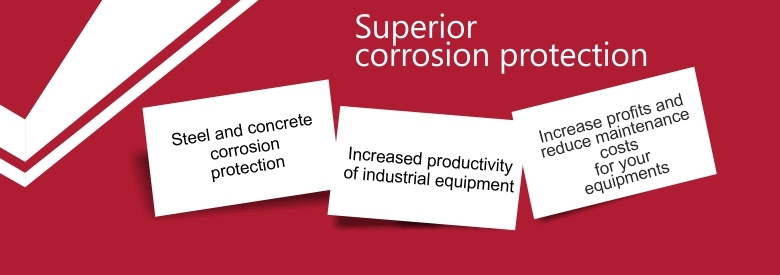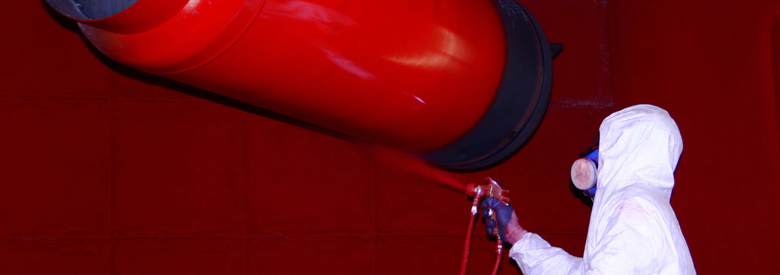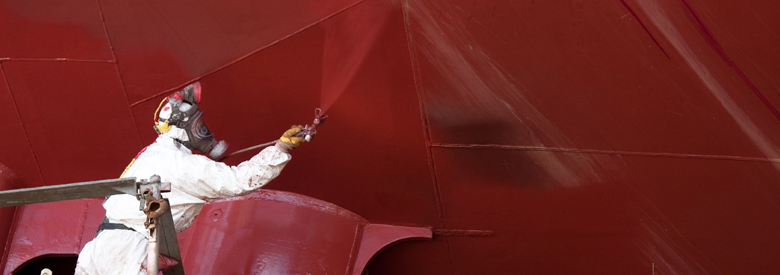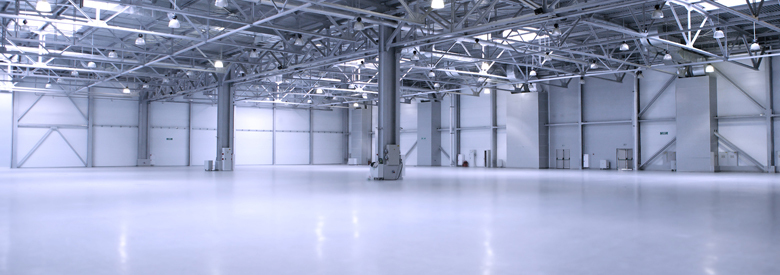Prudhoe Bay oil spill. Event caused by corrosion
The event was produced in March 2006 in the oil pipeline of BP Exploration (Alaska). Well pad operator discovered an oil spill in the Trans-Alaska line. BP Exploration launched an immediate response to what proved to be the largest oil spill in Prudhoe Bay history, with a volume of 200,000 gallons.
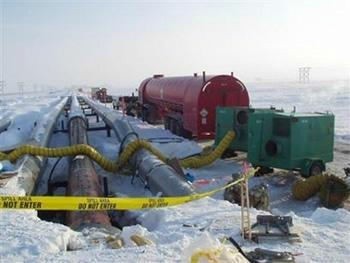
(the recovery process of 19,000 gallons of oil)
Cause?
The cause of the leak became apparent a few days after the event. Internal corrosion caused a quarter-inch hole in the transit pipeline. Snow covered the affected area and the leak remained undetected for a few days. This happened until a worker felt the smell of oil.
Event analysis
What happened to Prudhoe Bay was the cause of microbial corrosion. All the clues that lead to the appearance of holes in the transit lines have biological origins, sulfate-reducing bacteria (SRB). This led to accelerated corrosion spread on a larger area of the pipe.
Bacterias form in water and the ducts used in case of flooding have contributed to their spread in the plant. Although, in the the 2005 inspection were no signs of corrosion, in the pipes were heavily damaged in March 2006..
Why corrosion spread so quickly?
Exploring the BP investigation indicated two factors that acted simultaneously:
First factor is related to the use of corrosion inhibitors. It appears that products used have not been adapted to the conditions of the facility, which has led to the spread of bacteria.
The second factor is the low velocity in the pipe GC-2 transit. This pipe carries a smaller volume than originally planned, another phenomenonthat has led to the emergence and expansion of sulphide-reducing bacteria..
They have also been identified sediment along the pipeline GC-2. The probability that these solids have contributed to corrosion is not excluded.
Conclusion
This case study shows the importance of inspections in the equipments and industrial processes. Although some equipment indicate low risk of corrosion, this can happen and expand rapidly. Also, we recommend corrosion protection systems adapted to the environmental conditions..
Choose extra safety for your equipment. Contact us and together we will find the best solution to eliminate the risk of corrosion!

